Our coverage of the Israel-Hamas war has moved here.
December 1, 2023 Israel-Hamas war
By Tara Subramaniam, Helen Regan, Christian Edwards, Ed Upright, Adrienne Vogt, Matt Meyer, Zoe Sottile and Elise Hammond, CNN
Report: Pope Francis held "fraught" call about Gaza war with Israeli president in October
From CNN's Christopher Lamb
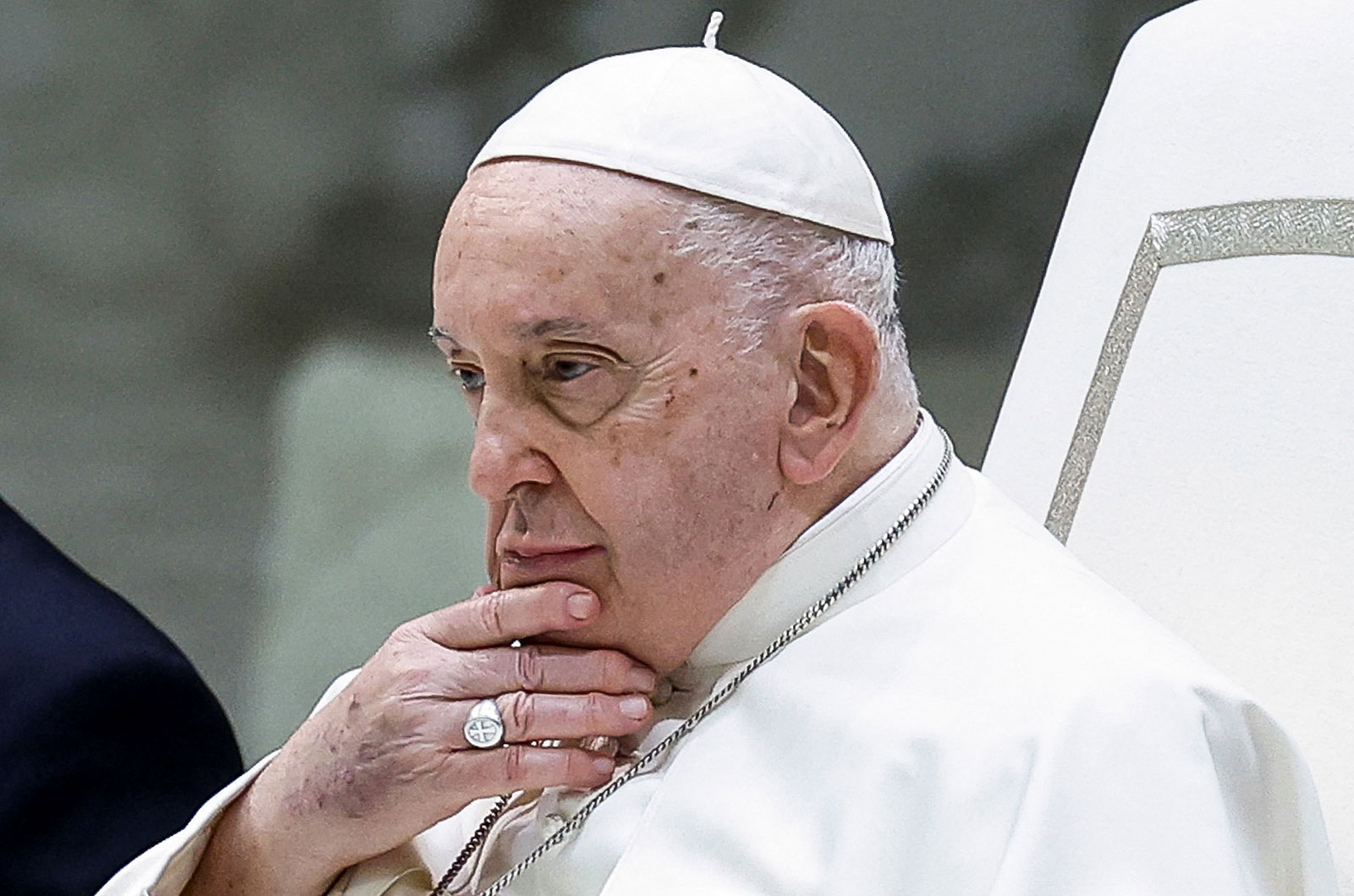
Pope Francis spoke on the phone with Israeli President Isaac Herzog about the Israel-Hamas war in late October.
The conversation between the pair was described as a "fraught phone call," according to a Washinton Post report Thursday, citing a senior Israeli official familiar with the call, which has not been previously reported.
Herzog was telling Francis of the unprecedented level of shock felt in Israel after the Hamas attack on October 7 when the pope said bluntly that it is “forbidden to respond to terror with terror,” according to the Post, citing the Israeli official.
A Vatican source on Friday confirmed to CNN that a phone call between the Israeli president and the pope took place at the end of October, but CNN has been unable to verify that Francis used the “terror” remarks.
In a statement to the Washington Post about the call, the Vatican said, “The phone call, like others in the same days, takes place in the context of the Holy Father’s efforts aimed at containing the gravity and scope of the conflict situation in the Holy Land.”
A few days after his phone call with Herzog, the pope spoke to Palestinian Authority President Mahmoud Abbas on November 2. On October 22, Francis called United States President Joe Biden about the war.
Some background: The pope has publicly described the war between Israel and Hamas as terrorism.
On November 22, during a general audience in St. Peter’s Square, Francis said, “This morning, I received two delegations, one of Israelis who have relatives as hostages in Gaza and another of Palestinians who have relatives suffering in Gaza. They suffer so much, and I heard how they both suffer: wars do this, but here we have gone beyond war. This is not war; this is terrorism.”
The pope has repeatedly called for a ceasefire in the Israel-Hamas war and is in regular contact with the Catholic community in Gaza.
At least 61 journalists killed in Israel-Hamas conflict, says Committee to Protect Journalists
From CNN’s Kareem El Damanhoury
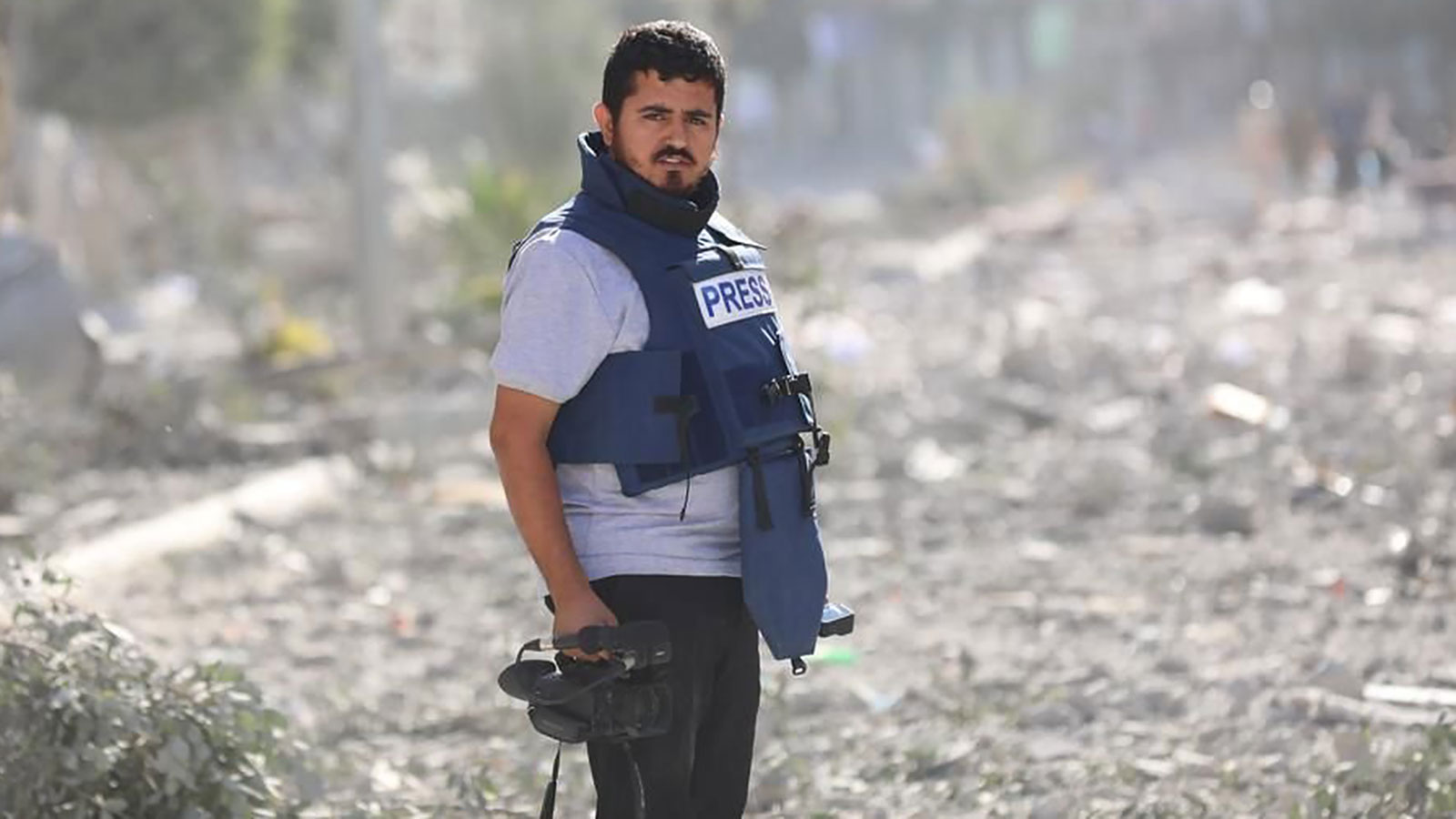
At least 61 journalists and media workers have been killed since the war between Israel and Hamas began on October 7, according to the Committee to Protect Journalists (CPJ) on Friday.
The deaths were overwhelmingly Palestinian journalists. CPJ said that 54 Palestinian, four Israeli, and three Lebanese journalists had been killed, according to the group's statement.
The journalism advocacy group says the latest Israel-Gaza conflict has "led to the deadliest month for journalists since CPJ began gathering data in 1992."
The latest death of a media member was Friday when Montaser Al-Sawaf, a freelance journalist working for the Turkish news agency Anadolu, was killed in an Israeli strike, the organization told CNN.
UN relief chief urges renewed humanitarian ceasefire in Gaza
From CNN's Stephanie Halasz
The United Nations relief chief has urged for a renewed humanitarian ceasefire in Gaza as Israel resumed combat operations against Hamas on Friday.
Martin Griffiths, the UN Under-Secretary-General for Humanitarian Affairs and Emergency Relief Coordinator, warned that people in Gaza are terrified and have no safe places to go.
The Israel Defense Forces said Friday that it expanded its operations into the southern part of the enclave, where it previously told civilians to take shelter.
He said people also have very little food and water. The pause in fighting allowed for more humanitarian aid to cross into Gaza.
Griffiths said the seven-day pause in fighting was “a glimpse of what can happen when the guns fall silent."
“The situation in Khan Younis today is a shocking reminder of what happens when they don’t," the relief chief said.
Khan Younis is the largest city in southern Gaza where the IDF dropped leaflets on Friday, calling it a “fighting zone” and telling residents to “evacuate immediately." The Israeli military also named Khan Younis as one of the places its "ground, air and naval forces struck terror targets" on Friday.
Griffiths also called for “progress in aid delivery" and for the protection of civilians and "life-sustaining infrastructure."
“We need the remaining hostages to be released immediately and unconditionally. We need a humanitarian ceasefire. We need the fighting to stop," he said.
Deaths of 3 Israeli hostages in Gaza confirmed by their families
From CNN's Lauren Izso in Tel Aviv and Jonny Hallam in Atlanta
The deaths of three Israeli hostages, who were kidnapped by Hamas during the brutal October 7 attacks, were confirmed by their families on Friday.
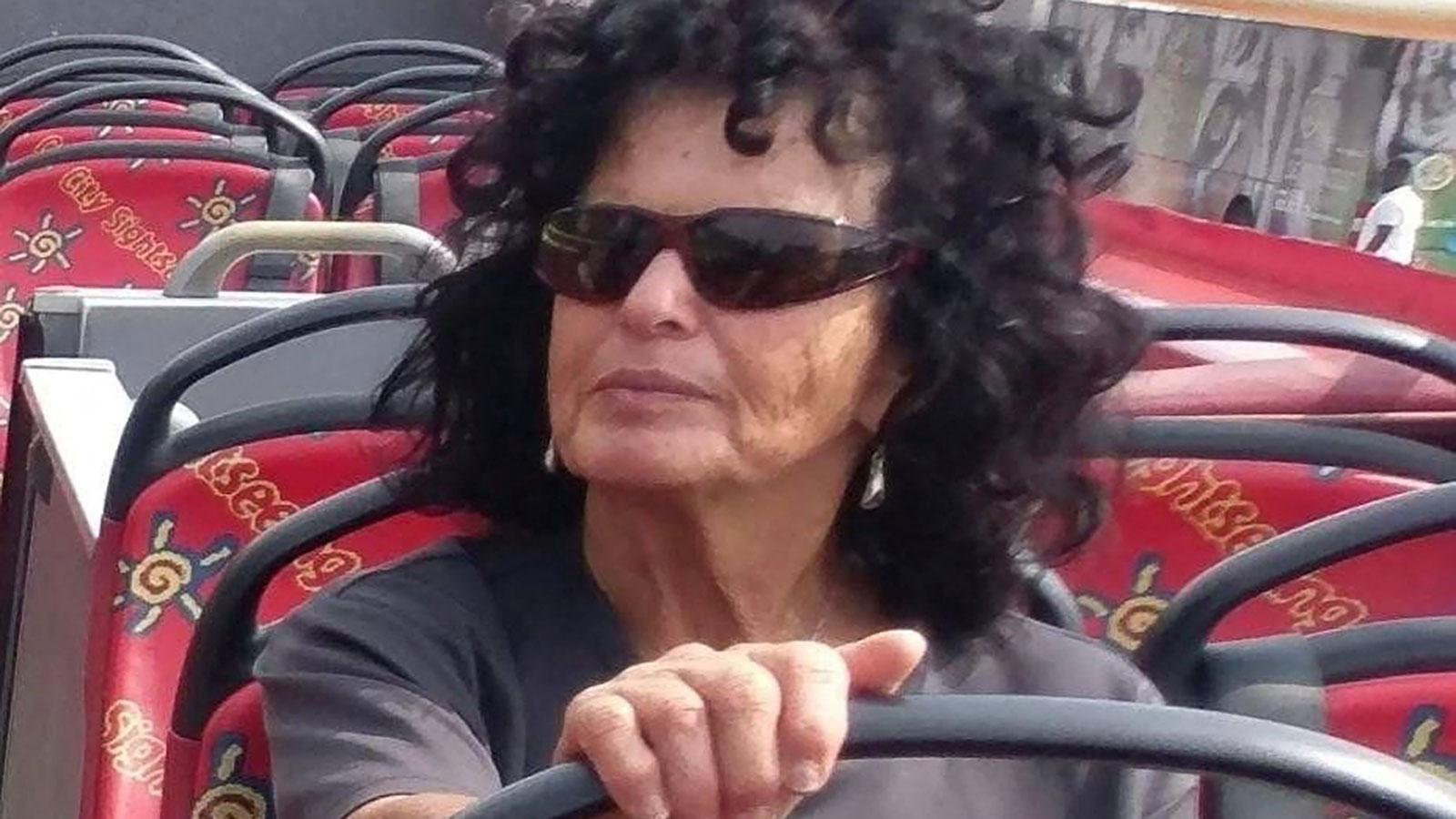
The family of 70-year-old Ofra Keidar said they were informed that she had been killed while in Gaza, according to a written statement from the Hostages and Missing Families Forum in Israel.
Keidar "loved gardening, swimming in the kibbutz pool, the kibbutz petting zoo, and especially taking early quiet morning walks amongst the citrus groves, on the paths that she so cherished," according to the statement.
Keidar was kidnapped when she went out for her morning walk in Kibbutz Be’eri on October 7, the statement said.
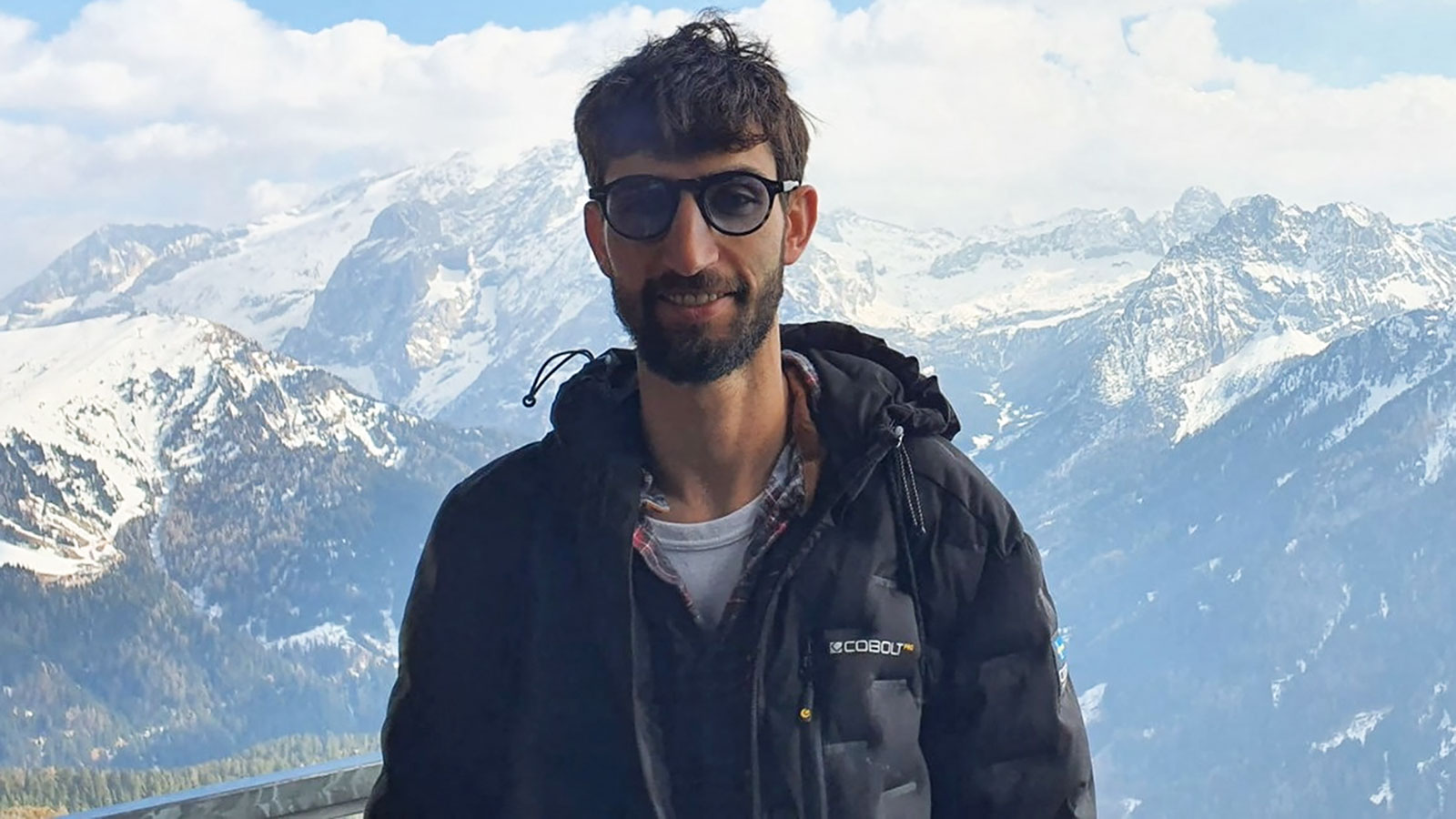
The Hostages and Missing Families Forum also announced it was mourning the death of Israeli hostage, Guy Illouz.
Illouz, 26, was "kidnapped from the nature party in Re’im," during the deadly attacks, the statement says.
His family remembered him as a "young and promising musician who worked as a sound engineer for Israeli artist Shalom Hanoch and the band 'HaYehudim.'”
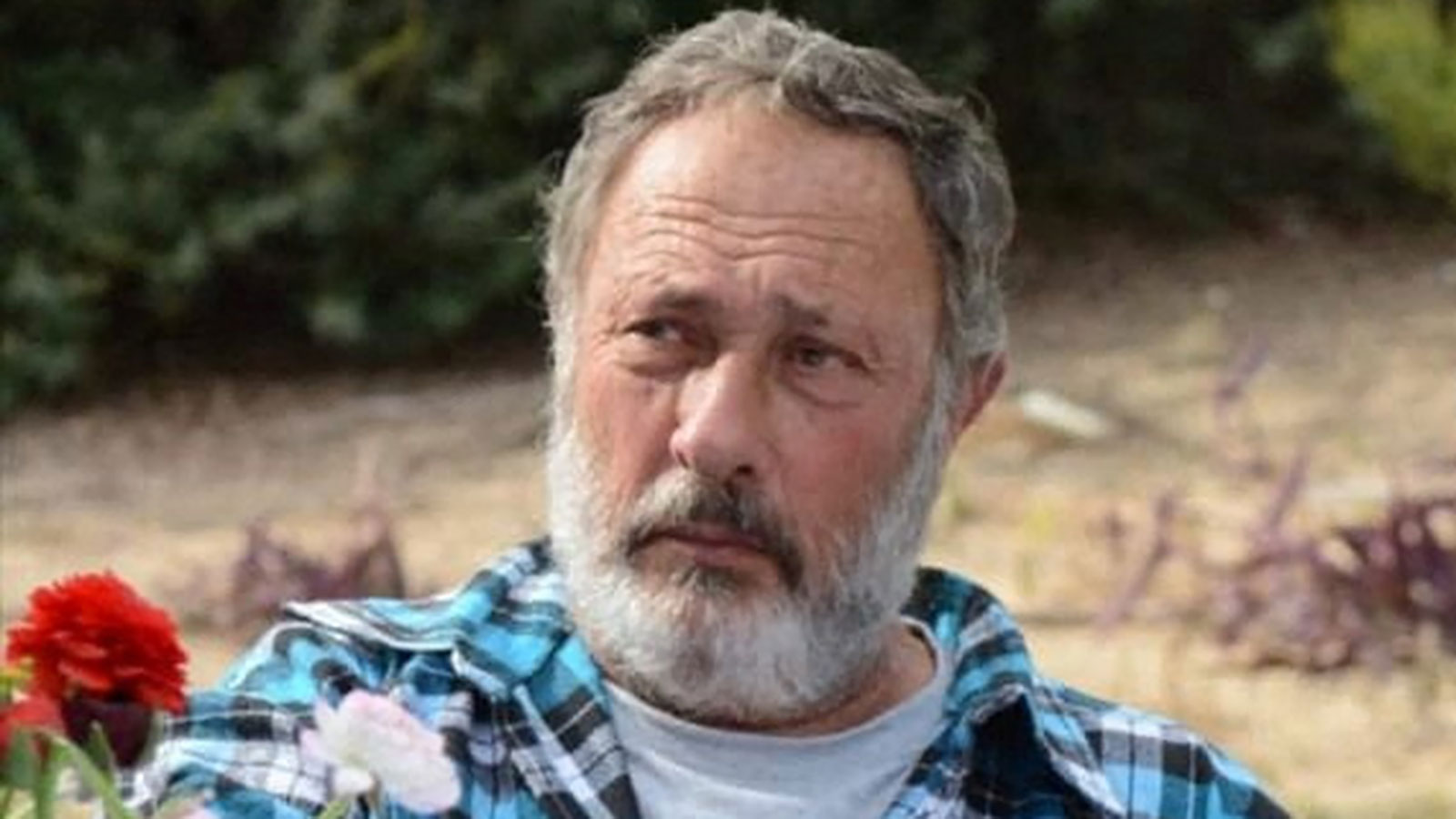
And the Kibbutz Nir Oz announced with "great sorrow" the death of one of its members, Eliyahu (Churchill) Margalit, 76.
Margalit was married to Daphna, a father to Noa, Danny, and Nili, and a grandfather to three grandchildren, the statement says.
He was described as a "true cowboy at heart, dedicated to managing the kibbutz stables and cattle farm for many years."
Margalit's 41-year-old daughter, Nilli Margalit, was also abducted and taken to Gaza during the Hamas attacks but was released on Thursday.
Earlier on Friday, IDF spokesperson Rear Admiral Daniel Hagari announced Eliyahu Margalit's death.
Israel resumes strikes and expands to targets in heavily populated south of Gaza Strip. Here's what to know
From CNN staff
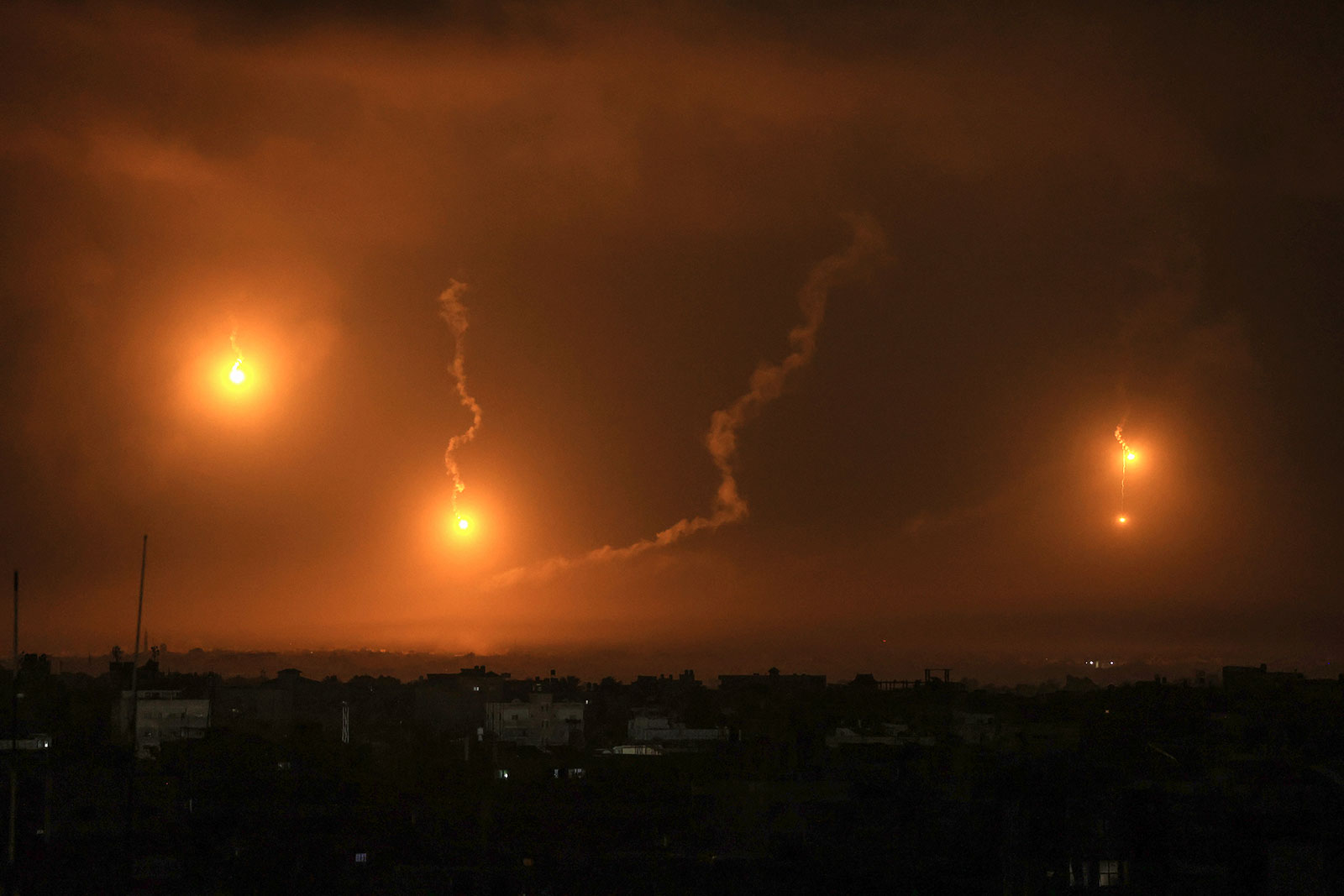
Israel resumed its military campaign Friday aimed at wiping out Hamas after it said the militant group broke the outline of the seven-day truce by firing rockets toward Israeli territory. The Israel Defense Forces also expanded its operations into the southern part of the enclave, prompting calls from global leaders to protect civilians.
Dozens of Palestinians were killed in Israeli strikes on Friday, according to the Hamas-run Ministry of Health. Israel maintains Hamas is embedding itself in civilian infrastructure, including hospitals and children's playgrounds, that it uses for military purposes, making them legitimate targets.
As of Friday night, negotiators are still trying to revive the truce. Hamas has said it doesn’t have any more women and children to release but Israel doesn’t believe that, according to sources familiar with the talks.
Here's what to know:
- What happened to the truce: Hamas claimed on Thursday it was having trouble locating 10 women and children hostages — a condition Israel insisted must be met — to extend the truce. Hamas accused Israel of “refusing all offers” to extend the agreement. Prime Minister Benjamin Netanyahu's office dismissed that claim. Under the previous agreement, Hamas had to release 10 women and children hostages for each day of the truce, with three Palestinians released from Israeli prisons for each hostage.
- Where negotiations stand now: The negotiating parties — Israel and Hamas, in consultation with Qatar, the US and Egypt — are still discussing the release of the rest of the women hostages, a source said. The IDF said there are a total of 136 hostages still in Gaza — 17 of them are believed to be women and children. There is an understanding that a Hamas list of captives deemed acceptable by Israel would bring back the truce, according to three sources familiar with discussions. Once the last group of women is released, the parameters of the negotiations would turn to other hostages: civilian men, as well as military reservists, two sources said.
- Israeli operations expand: The Israeli military said it "struck terror targets" in Gaza, including southern parts of the enclave, where it previously told civilians to take shelter. More than 200 targets have been struck since 7 a.m. local time (midnight ET), the IDF said. Israel war cabinet member and former Defense Minister Benny Gantz said Israel had "prepared for widening the framework" to bring the remaining hostages home.
- Evacuation warnings: IDF said a new interactive map showing Gaza divided up into numbered districts and “evacuation zones” is meant to reduce casualties when it carries out strikes in civilian areas. Earlier on Friday the IDF dropped leaflets in areas of southern Gaza which included a QR code that connects to the map. But telecommunications and electrical infrastructure in Gaza suffered extensive damage over weeks of bombardment, leaving many residents with unreliable access to the internet and power.
- Impact of Israeli strikes: Gaza's Hamas-run Ministry of Health said 178 people have been killed, with hundreds more wounded, since Israel resumed military operations, according to a spokesperson. US National Security Council spokesperson John Kirby declined to say if the US has seen more deliberate targeting from Israel since fighting started back up. He also declined to weigh in on the ministry's report of people killed.
- Global reaction: In the hours before the latest fighting erupted, the US ramped up its pressure on Israel to shield Palestinian civilians. Secretary of State Antony Blinken, who boarded his plane to leave Israel moments after the IDF announced it would resume fighting, said he has already seen Israel “take steps immediately today” to protect civilians. Jordan condemned the "resumption of the Israeli aggression on the Gaza Strip" and called for an immediate ceasefire.
- Palestinian detainees: More than 260 Palestinians were detained by Israeli forces in the West Bank during the period of the now-expired truce, according to the Palestinian Prisoner Society. The group has revised the number of arrests several times this week. The IDF has publicly acknowledged at least 100 arrests during the truce through press releases.
- What Israel knew about the October 7 attack: Israeli officials obtained a document describing Hamas’ battle plan more than a year before the militant group carried out the assault, the New York Times reported Thursday, citing documents, emails and interviews. The roughly 40-page document did not give a date but outlined “point by point” the kind of deadly incursion that Hamas carried out. Israeli military and intelligence officials dismissed the plan, assessing that it would be too difficult for Hamas to execute, according to the Times.
US and Israel believe Hamas is holding young women kidnapped from Nova music festival
From CNN's MJ Lee and Alex Marquardt
US President Joe Biden's administration and Israeli officials believe that Hamas continues to hold several women in their 20s and 30s as hostages in Gaza — many of them kidnapped from the Nova music festival, one US official and another source familiar with the matter tell CNN.
The women are of particular concern to Israel.
In hostage negotiations on Thursday and in the hours after fighting resumed, Hamas insisted it did not have any more non-military female hostages to release, claiming that some of the remaining women were considered a part of the Israel Defense Forces, the sources said.
Negotiations continue over the potential release of female hostages, as CNN has previously reported. An acceptable list of hostages, sources said, would lead to another pause in the fighting.
Israel Defense Forces spokesperson Rear Admiral Daniel Hagari said Friday night that there are 17 women and children among the 136 hostages.
The post was updated with the latest IDF estimate on hostages held in Gaza.
Palestinian journalist killed by Israeli airstrikes in Gaza, says Turkish news agency
From CNN's Kareem Khadder in Jerusalem and Ruba Alhenawi in Atlanta
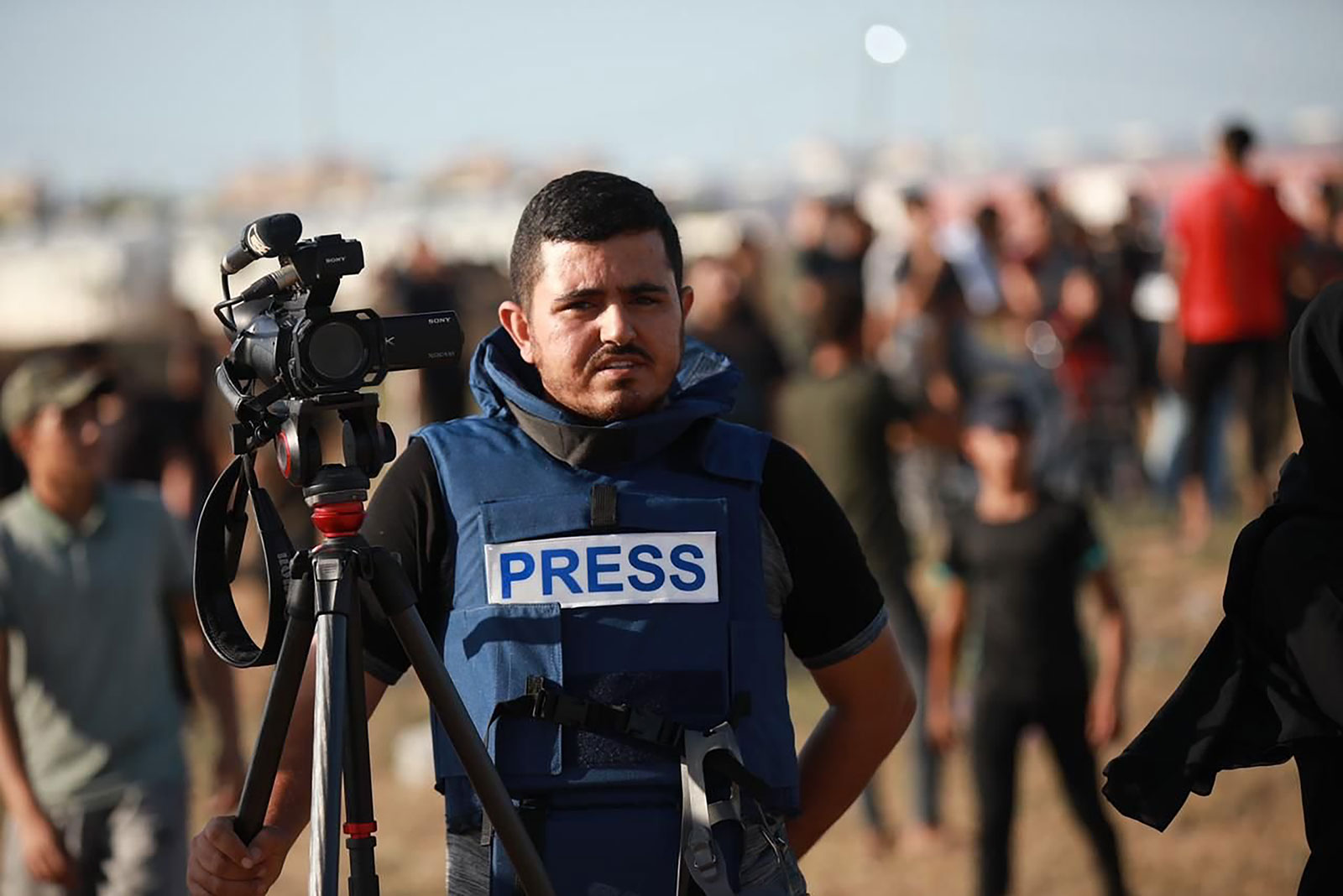
A freelance journalist working for Turkish news agency Anadolu was killed in Gaza on Friday, as Israeli airstrikes resumed after a one-week pause, the Anadolu News Agency told CNN.
Montaser Al-Sawaf was a freelance cameraman based in the Gaza Strip and had recently recovered from injuries sustained from another Israeli airstrike in November before the start of the temporary truce between Israel and Hamas.
Enes Canli, Anadolu's bureau chief in Jerusalem, told CNN that Al-Sawaf had lost both his parents and other family members in a previous airstrike.
“He’d lost his father and brothers in a recent attack. He got injured very badly with bruises on his face, one eye closed. We got scared he was going to lose his eye. But he recovered quickly. He wanted to stay in Gaza City and was traveling north during the Israeli army’s invasion,” Canli said.
The journalist sustained more serious injuries Friday and had to wait for an ambulance for about half an hour before he was transported to the Al-Ahli Baptist hospital, where he later died, the bureau chief said.
Canli remembered Al-Sawaf as a quiet and brave man, calling him "a really gentle soul. He was a calm person and hardworking, always over-delivering and over-delivering, even if you don't ask him."
He leaves behind two young children, he added.
"I spoke to him two or three days ago and he was the one motivating me, I was upset with everything, and he was the one trying to motivate me."
According to Canli, Al-Sawaf wanted to stay in the city center, considering it a "personal case" to tell the world about the conditions in Gaza and "not just journalism."
In one of his most recent posts on Instagram, Al-Sawaf posted a picture of his bloodied and injured face, with one eye completely shut.
"Our house was hit by an airstrike, more than 45 people died including my mother, my father, my two brothers and all their children," he wrote. "I was injured in the face, there are no doctors to treat me since I am in Gaza and there are no [functioning] hospitals or doctors. We will continue our coverage despite everything."
Some context: Israel’s war with Hamas, which controls Gaza, has been the deadliest for journalists in decades, according to the Committee to Protect Journalists. At least 57 journalists have been killed since October, the journalist advocacy organization said on November 25, including 50 Palestinian, four Israeli, and three Lebanese journalists.
In November, Palestine TV correspondent Mohammad Abu Hattab was killed along with 11 members of his family. Palestine TV said he was killed by an Israeli airstrike, while Israeli authorities said their forces were not operating in the area.
Hamas is holding 136 hostages in Gaza, IDF says
From CNN's Hagi Cohen Boland and Stephanie Halasz
At least 136 hostages are still being held in Gaza, according to the Israel Defence Forces.
IDF spokesperson Rear Admiral Daniel Hagari said the number includes 17 women and children.
The Israeli military said the body of one hostage, Ofir Tzarfati, was brought back to Israel.
He was confirmed dead Thursday, with the IDF not specifying when and where Tzarfati was killed.



